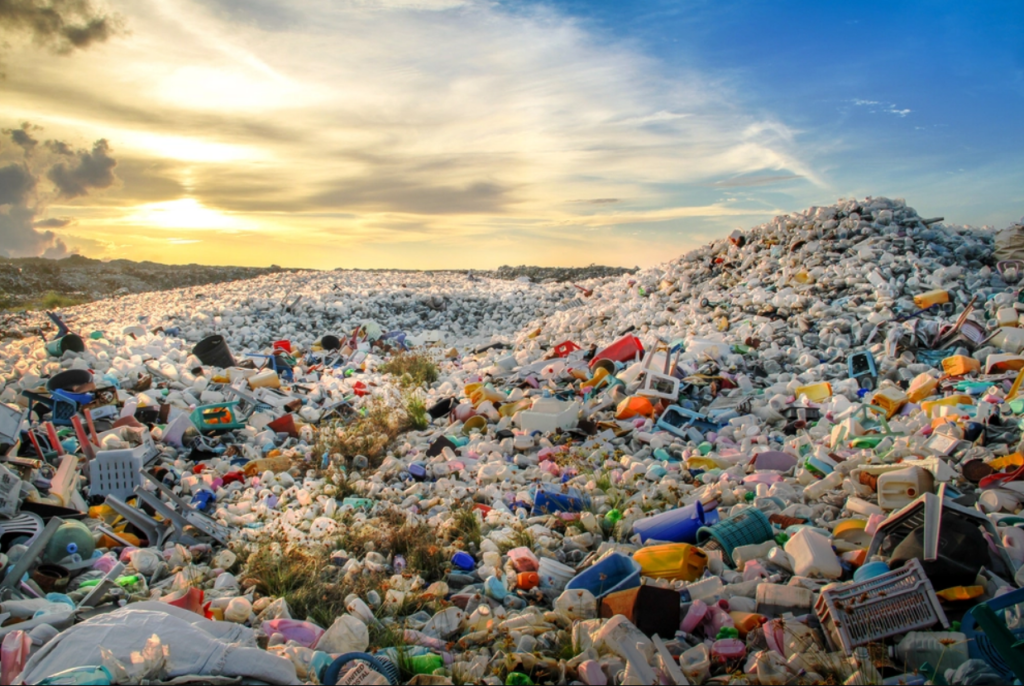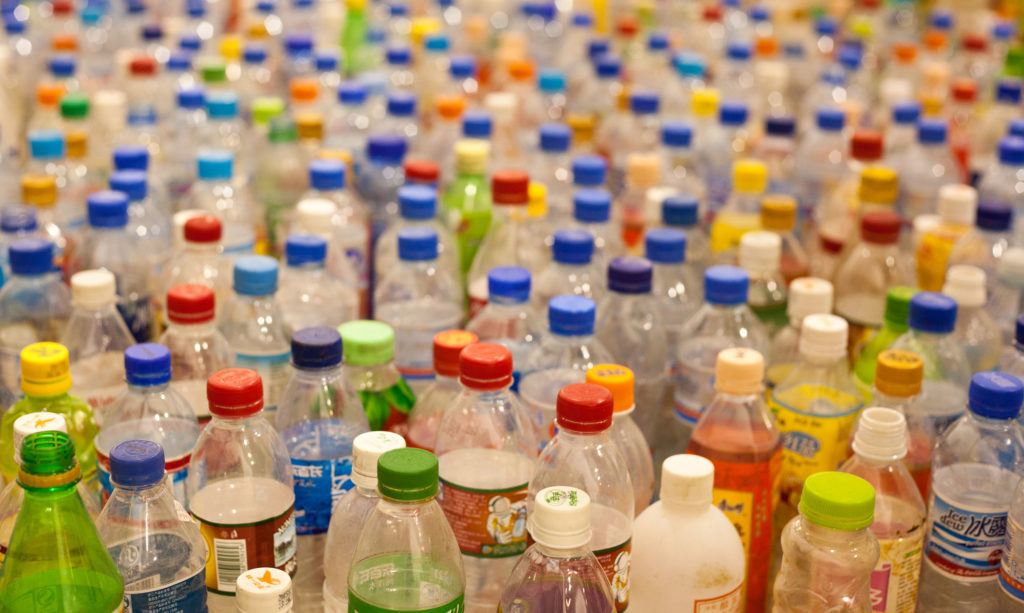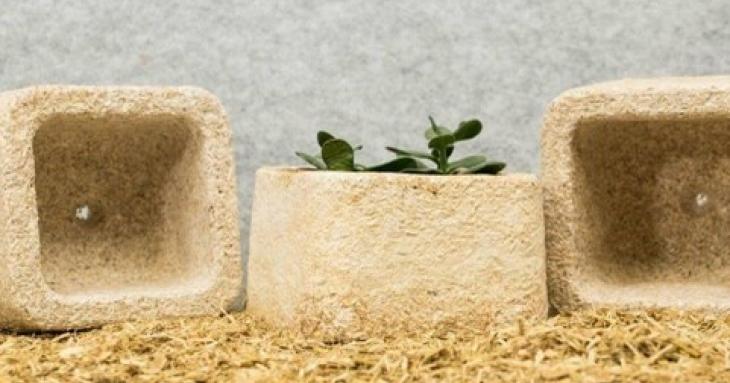
Millions and millions of plastic containers that each day are purchased and discarded for single-use are polluting the planet. We are overwhelmed by petrol-based byproducts within the food industry, we grew accustom to them and many generations don’t know any better or can’t imagine any alternatives.
Over the last twenty years countries across the globe managed to change their attitude on plastic waste and other forms, by enacting recycling programs from their municipalities to reduce garbage disposal as a whole singular entity. We are reaching optimal levels of recycled materials from our household usage, but at the same time we are constantly purchasing plastic to wrap our food and meals, turning our homes into busy disposal urban centers that have little power to stop plastic pollution.
The problem is at the source and it’s there it must be tackled first. Food and beverage companies directly affect the production of plastic containers with their high demands. Each time you cross a vending machine there’s plastic, each time you go groceries the majority of the isles shelves are topped with plastic bottles or plastic containers.

Each time we buy plastic we dispose it in the correct bin where that object will get recycled but at a cost: more energy required and more pollutant in the environment. It’s a dog chasing its own tail without an end to the problem. What alternatives do we have? But most importantly, why do we hope change will come from buyers and not from producers?
It’s no secret customers wants their product in better and less polluting containers, we all know this is what too many businesses have ignored in order to keep making profits by using cheaper materials. Yet we all desire glass to make a come back as container for our food items like milk bottles and soft drinks, their unit consumption are a significant influence in the production of plastic and derivatives.

Alternatives are out there to assist the environment. We have several options to choose and implement for packaging instead of plastics:
-cloth made of natural fibers;
-platinum silicon;
-stainless steel;
-beeswax-clothed cloth;
-recycled paper;
-wood;
-bamboo;
-mushrooms;
-pots.
The majority of these materials have been used for ages to wrap food and other items, until the ready availability of cheap plastics of the mid 20th century became popular beyond believe amidst a surge in oil production in the west. These products are not meant to fully remove plastic from our existence, but they can gradually be used starting from food production to reduce waste and especially plastic pollution.

Behavior is key to a successful environmental change, we need to sacrifice the comfort of single-use plastics in order to use containers made of sustainable materials until it becomes natural for us to do so. However, major shifts must happen from the source rethinking their business and environmental strategy for a cleaner future.
How to achieve this? Government bodies ought to directly interact with businesses consortium and large-scale producers/distributors to address the change. Large corporations producing soft drinks and bottled water should be involved into opting out of plastic through quota, this in exchange of tax cuts or government financing to shift from plastic use onto more sustainable manufacturing options while training or retraining their work force and minimize negative social impacts.